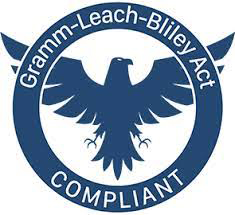The act of collecting a commercial account begins with the age when placed. Simply put, the longer a creditor holds onto an account in hopes that the debtor will eventually pay, the more the collectability of that account decreases. Face it: if your customer could have paid, they likely would have within the terms you established.
What is the reason for non-payment?
Is it due to lack of cash flow? Commercial collectors know how to work around that. We at Transworld Systems Commercial Division, for example, investigate the financial background of the debtor company and use whatever information we find as leverage in getting the debt prioritized. Is it due to a dispute? Often times the debtor fails to lodge a complaint prior to an account being sent to collections, so the collector has to dig into the dispute to validate it or disprove the allegation.
Either way, primary efforts are made in an effort to recover as much and as quickly as possible. Clients often allow our collectors to call them to exchange information, which is another step of leverage that assists in a faster recovery of the debt. Commercial collectors add this knowledge to their arsenal so any objections raised about the debt can be shot down immediately. When we have the opportunity to discuss the debt with the debtor, we don’t want to have to make a second call while we take the time to look into any objections. We may not get that debtor back on the phone, so being informed is being prepared.
Over the years, we have found that clients may or may not wish to continue doing business with the customers they place for collections. With that in mind, and along with Transworld Systems consistent monitoring of our collection staff, we strive to be the most compliant agency of all. We regularly monitor and train our collection staff to ensure they are interacting with our clients’ customers in a professional and courteous manner.
Join the conversation!
What else do you want to know about the collections process or how to go about interacting with your past-due customers? Post your questions or thoughts in the comment field below!












